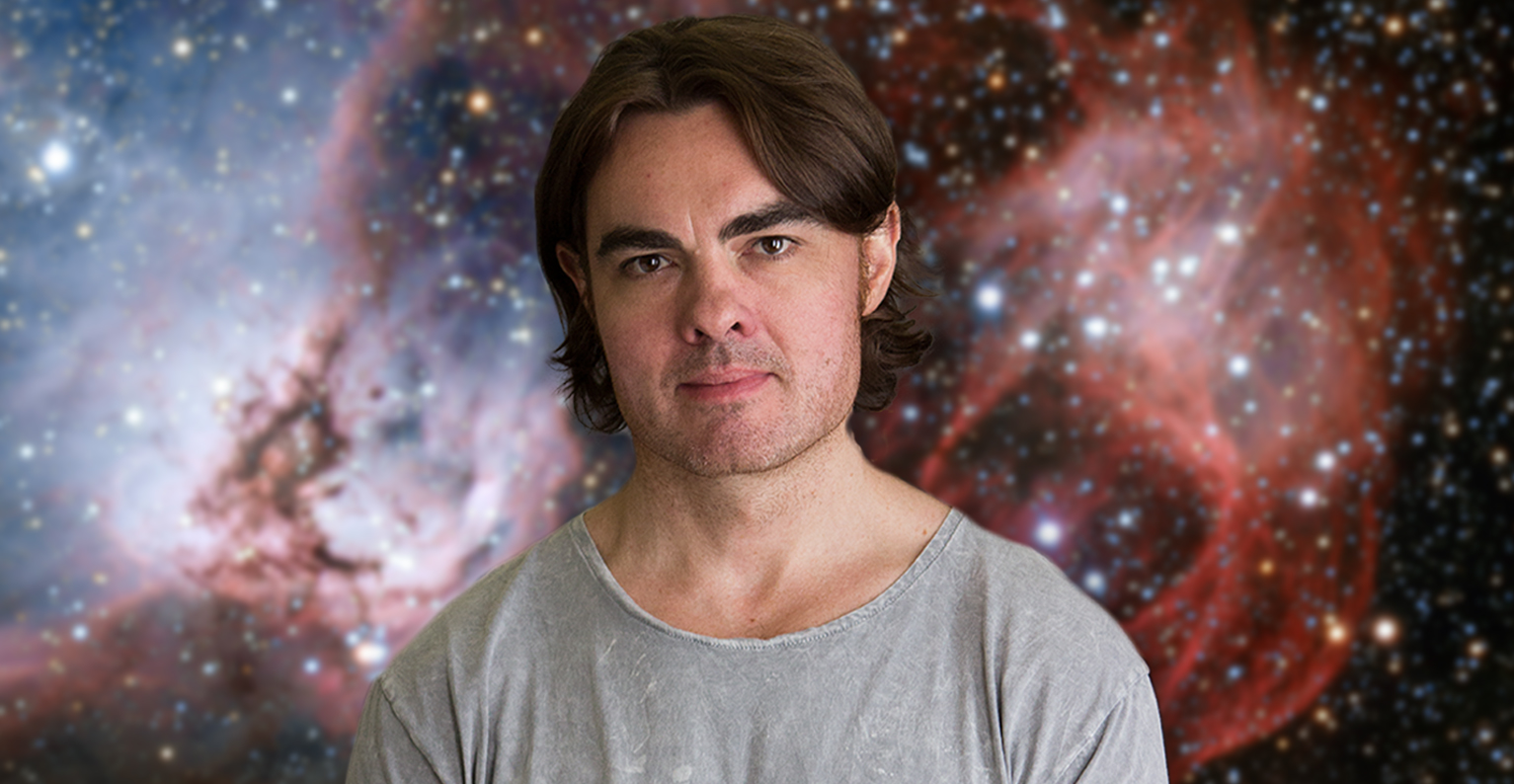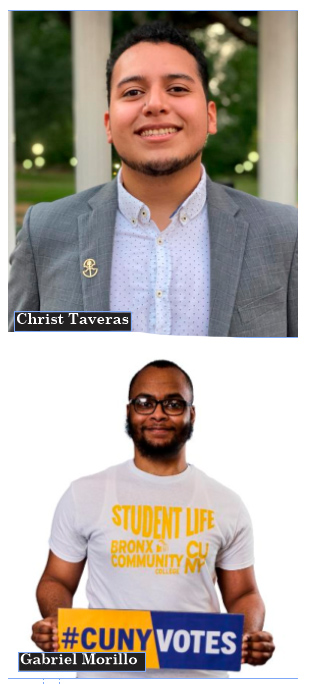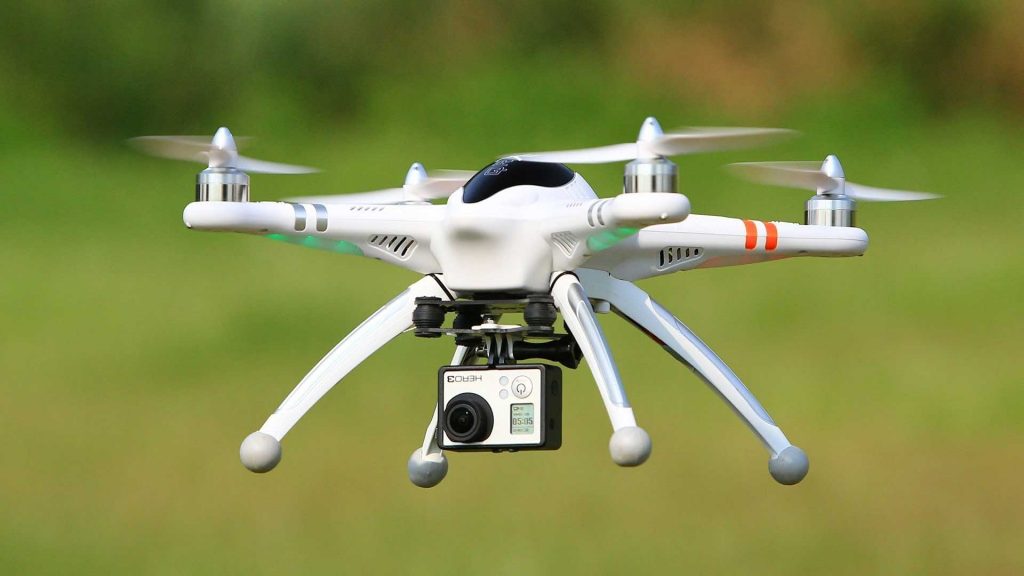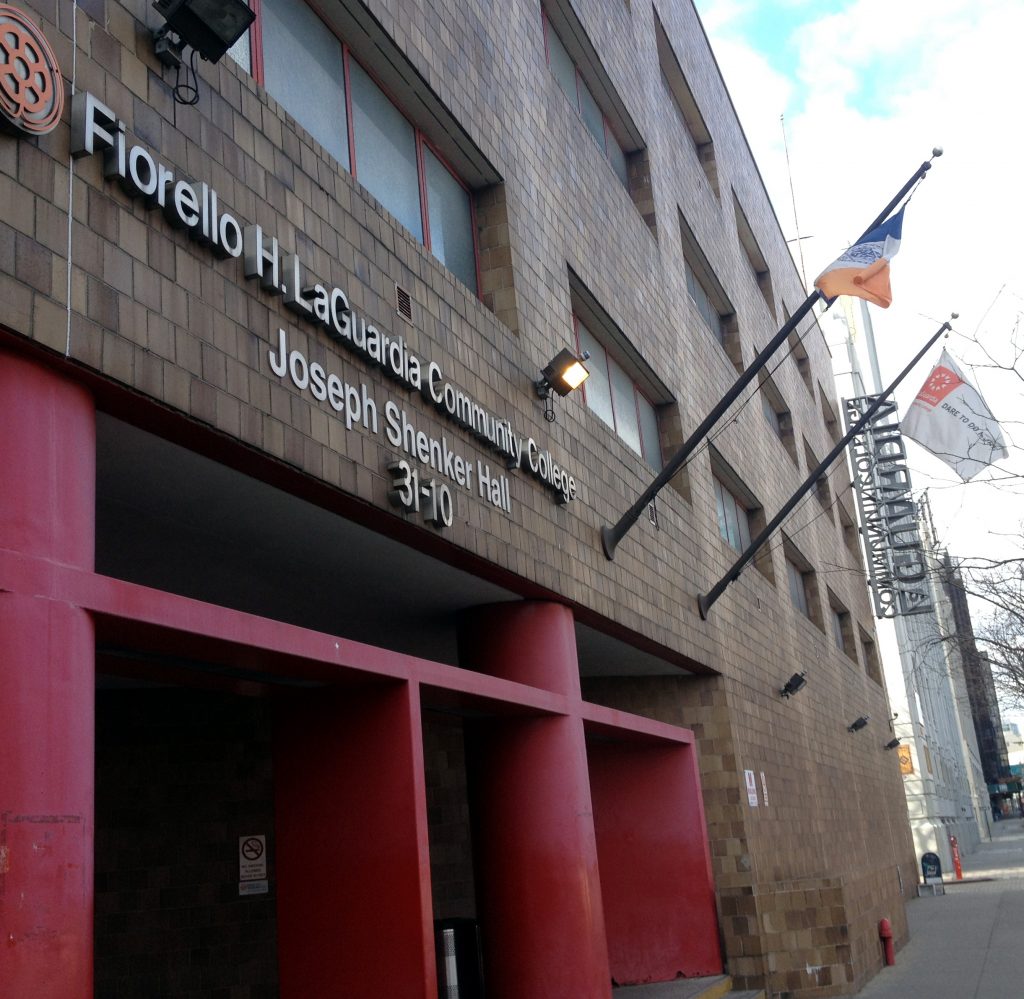City University of New York faculty researchers continue garnering competitive awards to support their cutting-edge work across a spectrum of fields. Faculty have recently received about $8.5 million in prestigious grants from the National Institutes of Health, the National Science Foundation, National Endowment for the Humanities and others.
The grants provide funding for a diverse array of projects including:
- Increasing mobility for those with spinal cord injuries;
- Studying the role of sleep in the motor development of infants;
- Better understanding the needs of young adults with autism;
- Treatment for muscle-wasting diseases;
- Expanding Open Education Resources (OER), or no-cost, online educational materials;
- Investigating the structure and evolution of the universe, black holes, quasars and dark energy.
- Providing valuable hands-on laboratory experiences for undergraduates.
“These awards nurture innovative research and encourage its expansion at a time when scientific, societal and cultural explorations are more crucial than ever,” said Chancellor Félix V. Matos Rodríguez. “It is also significant that among these awards are those that include or fund the participation of CUNY students, enhancing their academic and career development. The enormous pride I have for our faculty, students and staff, and the way they continue to support one another is reaffirmed by such achievements.”
Here are details of some notable recent grants:
Dr. Maria Knikou, a professor of human neurophysiology at College of Staten Island (CSI), won a grant of $2.85 million, over five years, from the Eunice Kennedy Shriver National Institute of Child Health and Human Development of the National Institutes of Health (NIH). The research project aims to develop rehabilitation strategies that use non-invasive spinal cord stimulation to promote better recovery of standing and walking for individuals with spinal cord injury. The non-invasive spinal cord stimulation protocol, known as transspinal stimulation, delivers low levels of electrical stimulation at high frequency across the spinal cord to enhance the functioning of neural circuits in the spinal cord.
SEE TRANSSPINAL STIMULATION IN ACTION
In this project, Dr. Knikou and her team are researching whether transspinal stimulation, combined with conventional activity-based rehabilitation approaches, will improve leg movement for those with paralysis. The desired outcome is to develop strategies that enable more individuals with spinal cord injury to stand or even walk independently, and improve overall quality of life. The goal is to “transform our understanding of the capabilities of the injured human nervous system to restore movement, leading to patient-oriented rehabilitation strategies and improved clinical decisions,” Dr. Knikou said.
Lehman Associate Professor Matthew O’Dowd (pictured) was awarded a five-year, $2.94 million grant by Schmidt Futures to study the structure and evolution of the universe, black holes, quasars and dark energy. “This by far is the biggest project we’ve ever attempted,” said O’Dowd, an astrophysicist and host of the popular PBS digital series Space Time, which explores the mysteries of the universe while making references to pop culture and sci-fi classics like Star Wars and Dr. Who. “It’s quite ambitious and will define the next five years of our scientific lives.” O’Dowd will lead a team of researchers and students from Lehman, Borough of Manhattan Community College and the University of Montreal as they study data collected from the Vera C. Rubin Observatory in Chile, currently under construction, which features a 8-meter-class telescope coupled to a 3.2-gigapixel camera — the world’s largest digital camera ever fabricated for optical astronomy.
The observatory will survey the entire sky of the Southern Hemisphere every three days for the next decade, mapping the dynamic nature of the universe in the process. Each single snapshot will cover an area 40 times the size of the full moon. O’Dowd’s team will develop a machine-learning pipeline (also known as artificial intelligence) for the observatory “to analyze the flickerings of thousands of distant quasars whose light in the very distant universe is powered by violent storms of matter falling into gigantic black holes,” he said. “People are fascinated by these things and we hope to extend their curiosity about the wonders of the universe.”
Kristen Gillespie-Lynch, associate professor of psychology at CSI and The Graduate Center, earned $946,000 for collaborative research on how to provide adolescents with autism a path to employment through STEM learning.
The study “aims to empower autistic teenagers to seek out careers that are well-matched with their strengths and interests,” said Gillespie-Lynch. “Rather than becoming the visionaries and transformers of society that they could become, many autistic people are unemployed and isolated,” she added. “By developing clear guidelines to help educators match their teaching styles to how different students learn, we can help autistic students develop the confidence needed to attain their dream jobs while helping teachers engage their students more effectively.”
She is collaborating with Amy Hurst, an associate professor and director of The Ability Project at NYU, and Beth Rosenberg, the founder of Tech Kids Unlimited, a nonprofit that teaches technology to youth who learn differently.
Sarah Berger, professor of psychology at CSI and The Graduate Center, who is researching the role of sleep in infant motor problem solving, won a $486,000 grant in collaboration with Dr. Regina Harbourne of Duquesne University. They will study the impact of sleep on learning in infancy. This study is one of the first to examine how the quality and timing of infants’ sleep influences their ability to process new information and consolidate new motor problem-solving skills.
The project uses a home video baby monitoring system that documents characteristics of infants’ sleep via computer-vision technology that provides “video from the crib.” The grant will provide funding for undergraduate students typically underrepresented in the sciences to participate in a summer research internship.
Baruch Assistant Professor Krista C. Dobi garnered $460,000 from the NIH to support her research into treatments for muscle-wasting diseases, which she conducts while mentoring undergraduate students. Dobi’s research focuses on fruit fly embryos, which she describes as possessing a “wonderful system” for genetic exploration. “Muscle development in the fly requires the integration of a large number of gene regulators,” Dobi said, adding that the transparency of the embryo enables researchers to watch development of the musculature using fluorescent microscopy. As a researcher who believes mentoring is a “significant part of my role,” Dobi says that such detail and transparency is invaluable to students, as is their ability to conduct “hands-on” research with her.
Dobi is also among five principal investigators and four other faculty from the Baruch Natural Sciences Department awarded a $447,000 National Science Foundation (NSF) grant to purchase a super-resolution laser scanning confocal microscope and 3D/4D image analysis software for use by faculty and students.
The Graduate Center and the CUNY Research Foundation were awarded a two-year grant of $325,000 from the National Endowment for the Humanities (NEH) with $50,000 in matching funds for a “Digital Publishing for Open Pedagogy” project. The grant will fund the expansion of Manifold Scholarship, an open access publishing platform for teaching materials created by The Graduate Center Digital Scholarship Lab, the University of Minnesota Press, and Cast Iron Coding. It will also provide support for students at The Graduate Center to work on the project. These teaching resources, called Open Educational Resources (OER), are textbooks and other instructional offerings, many of which are interactive and delivered online, often at no cost to students. OER have been developed in response to the increasingly high cost of textbooks and what many in higher education call their lack of relevance to students. At CUNY, the project is headed by Matthew K. Gold, director of the master’s degree programs in digital humanities and data analysis and visualization at The Graduate Center.








Facebook Comments